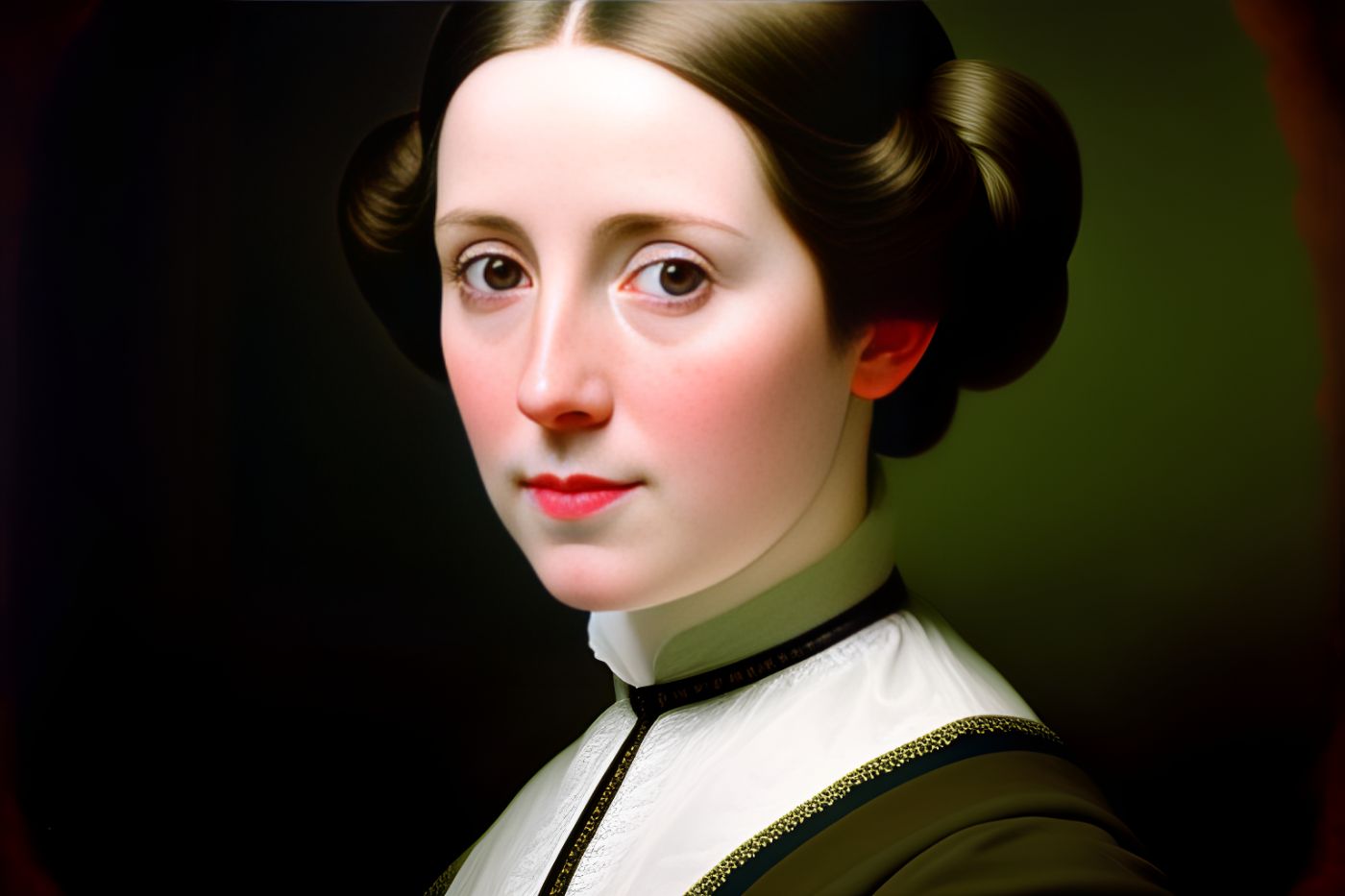160 reads
SCANDAL AND ITS VICTIMS.
by
November 22nd, 2023
Audio Presented by

Renowned English novelist, biographer and short story writer
About Author
Renowned English novelist, biographer and short story writer

Renowned English novelist, biographer and short story writer
Renowned English novelist, biographer and short story writer